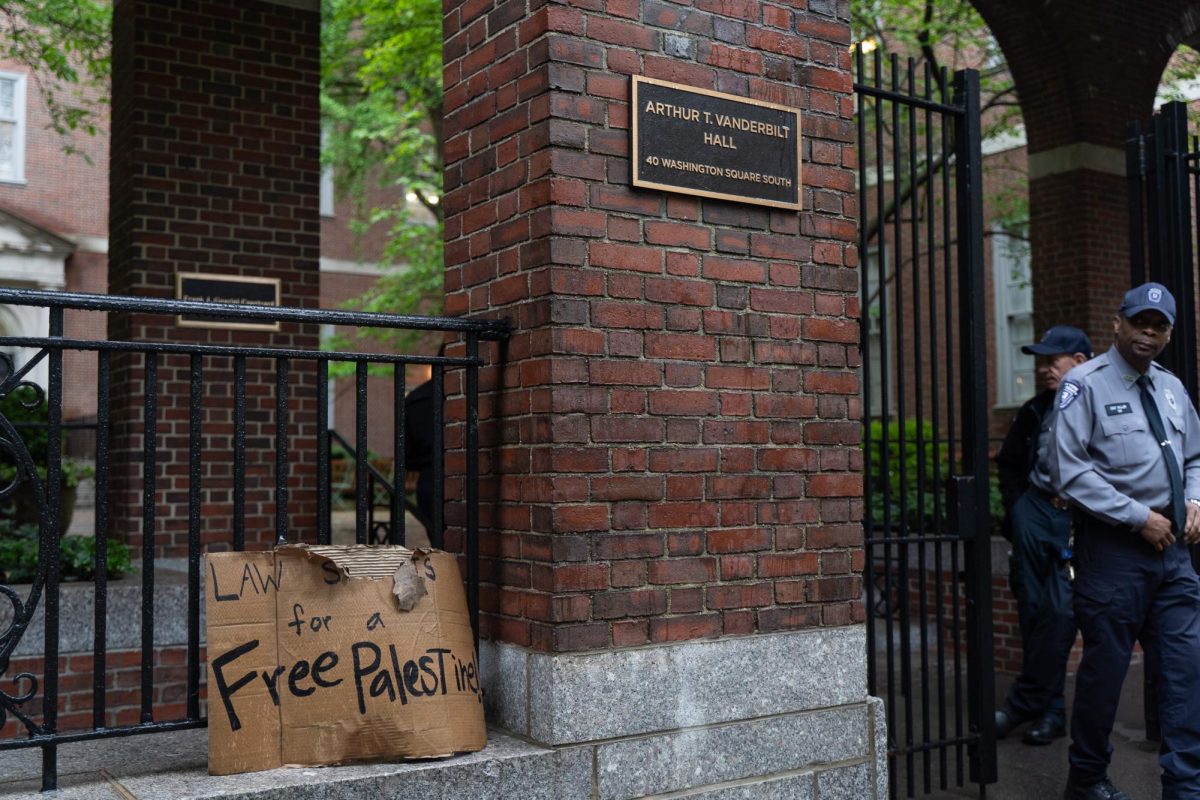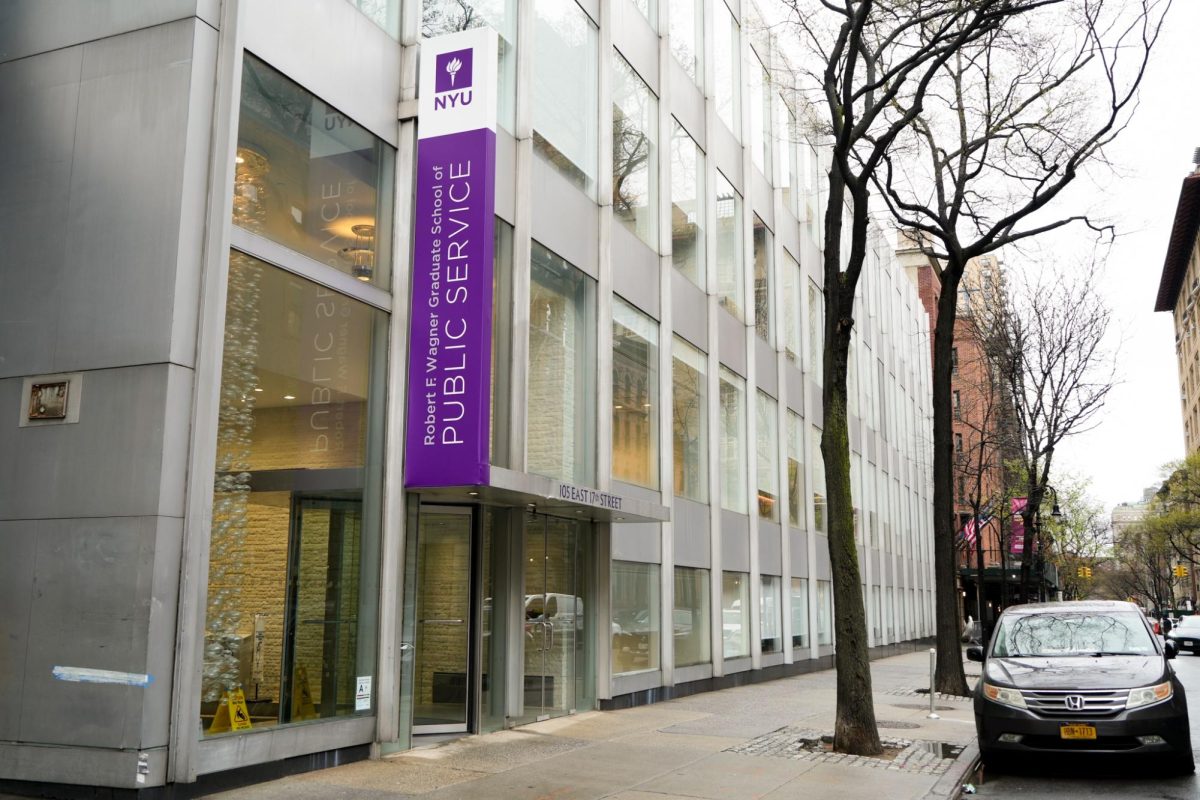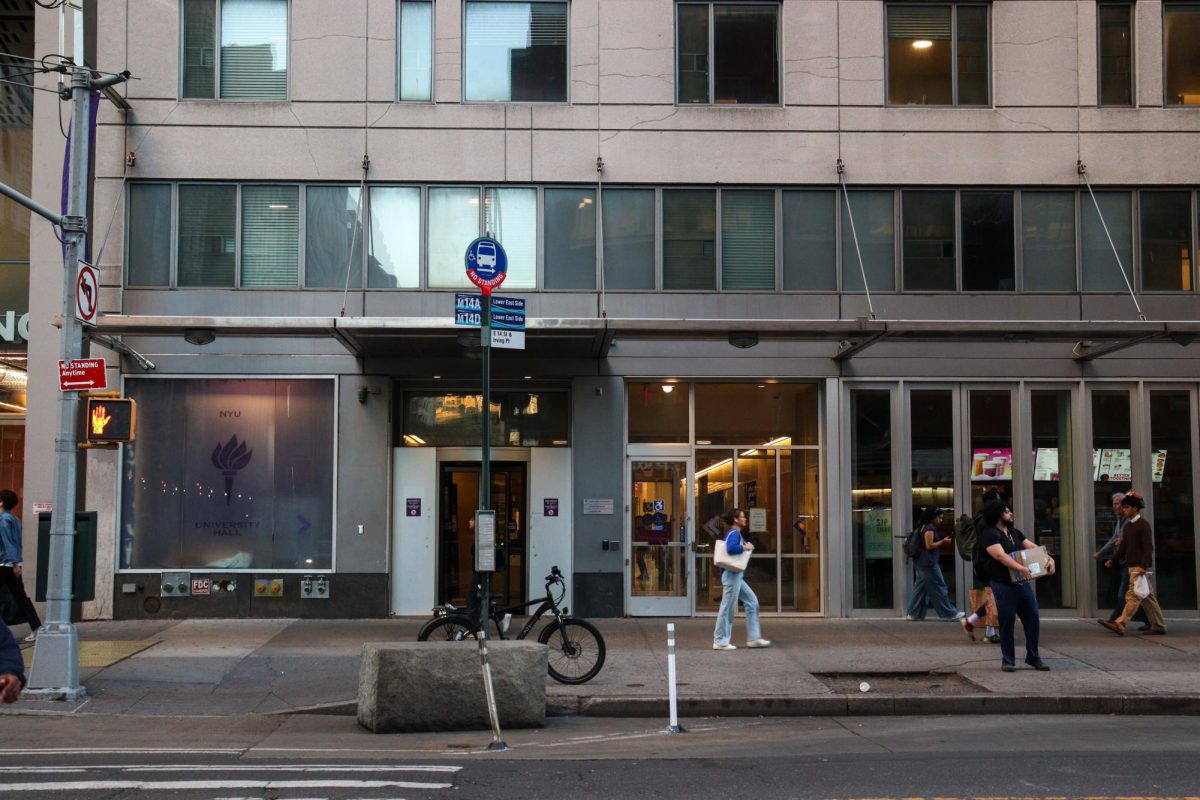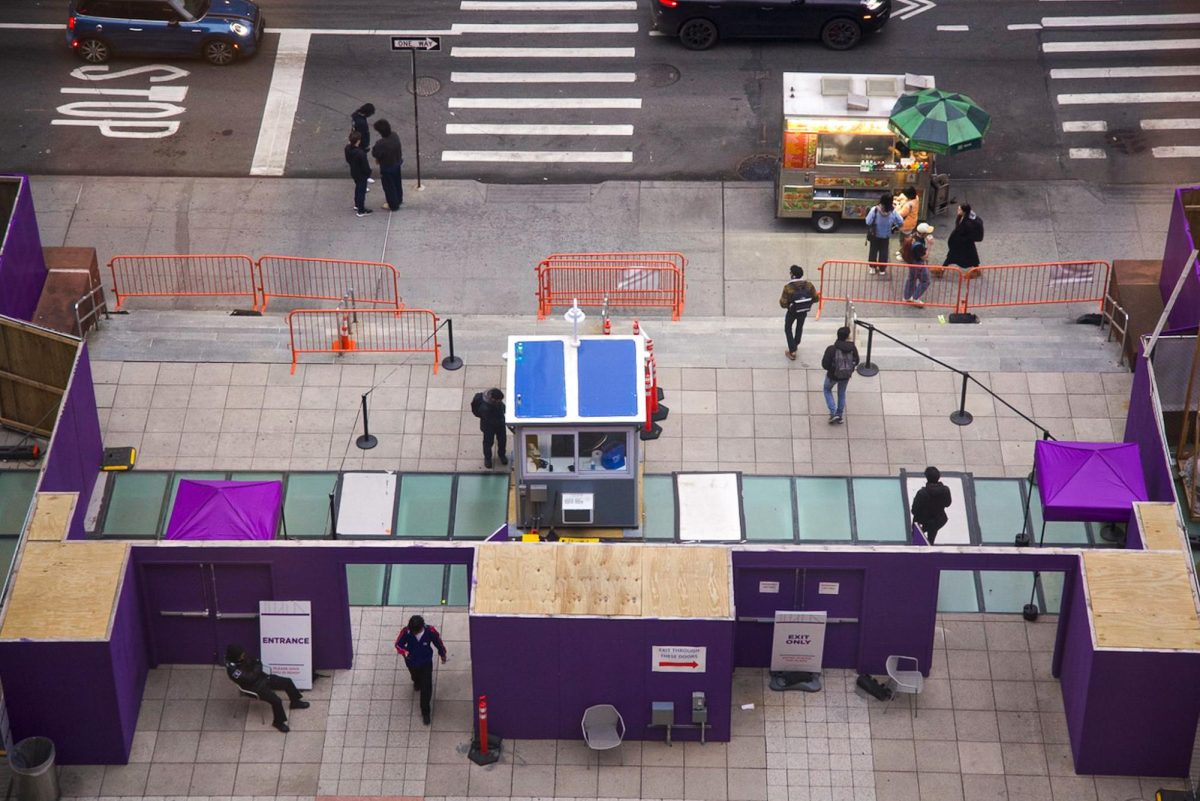A Manhattan judge ruled that the Bloomberg administration improperly relinquished three implied public parks for NYU construction without approval from New York State, causing a setback to the university’s controversial expansion plan. State Supreme Court Justice Donna Mills’ ruling against the proposed development is expected to impede on the construction plan. The expansion proposal, NYU 2031, has been a source of contention among opponents of NYU President John Sexton. In the past year, several faculties passed votes of no confidence against Sexton, citing the expansion plan as one of their grievances. Still, in spite of past friction, the Sexton administration should view the setback as an opportunity to regain the trust of some members of the NYU community and incorporate more faculty and students — other than those already in the Space Priorities Working Group — into future endeavors instead of chugging forth.
The university responded shortly after the ruling, declaring the judgment a “very positive one for NYU,” even though Mills’ ruling did show faults in the plan.The cut-and-dry verdict upheld one of six claims made, explicitly limiting NYU’s ability to proceed with construction. But the university managed a rhetorical workaround. Since all claims were not dismissed, NYU should halt all future construction. Yet the university has insisted that it will continue with plans for its largest proposed project, the Zipper building, despite the fact that the court has had reservations about other components of the plan. A piecemeal construction does not make sense in light of these recent rulings.
Randy Mastro, a partner at the firm who filed the lawsuit on behalf of the opposition, seems skeptical of any construction in the near future. Mastro believes that NYU’s “piecemeal approach would constitute a new project materially different from that previously approved by the city and requiring its own separate environmental review and approval process.” Such an approval process would take longer than 18 months, which is when NYU officials said construction could begin. The NYU administration should make use of this time to take further steps in negotiating with members of the university community who still have concerns about the plan.
These one-sided responses from the administration have garnered criticism among some of NYU’s professors and members of its student body. The very fact that the administration is appealing the court’s opinion lends reason to believe that all is not “very positive” for the future of NYU 2031. Rather than attempting to misrepresent the implications of Mills’ decision, the university should acknowledge its very real drawbacks. In doing so, they may find room for reconciliation within a defeat before the court.
A version of this article appeared in the Wednesday, Jan. 29 print edition. Email the WSN Editorial Board at [email protected].





















































































































































